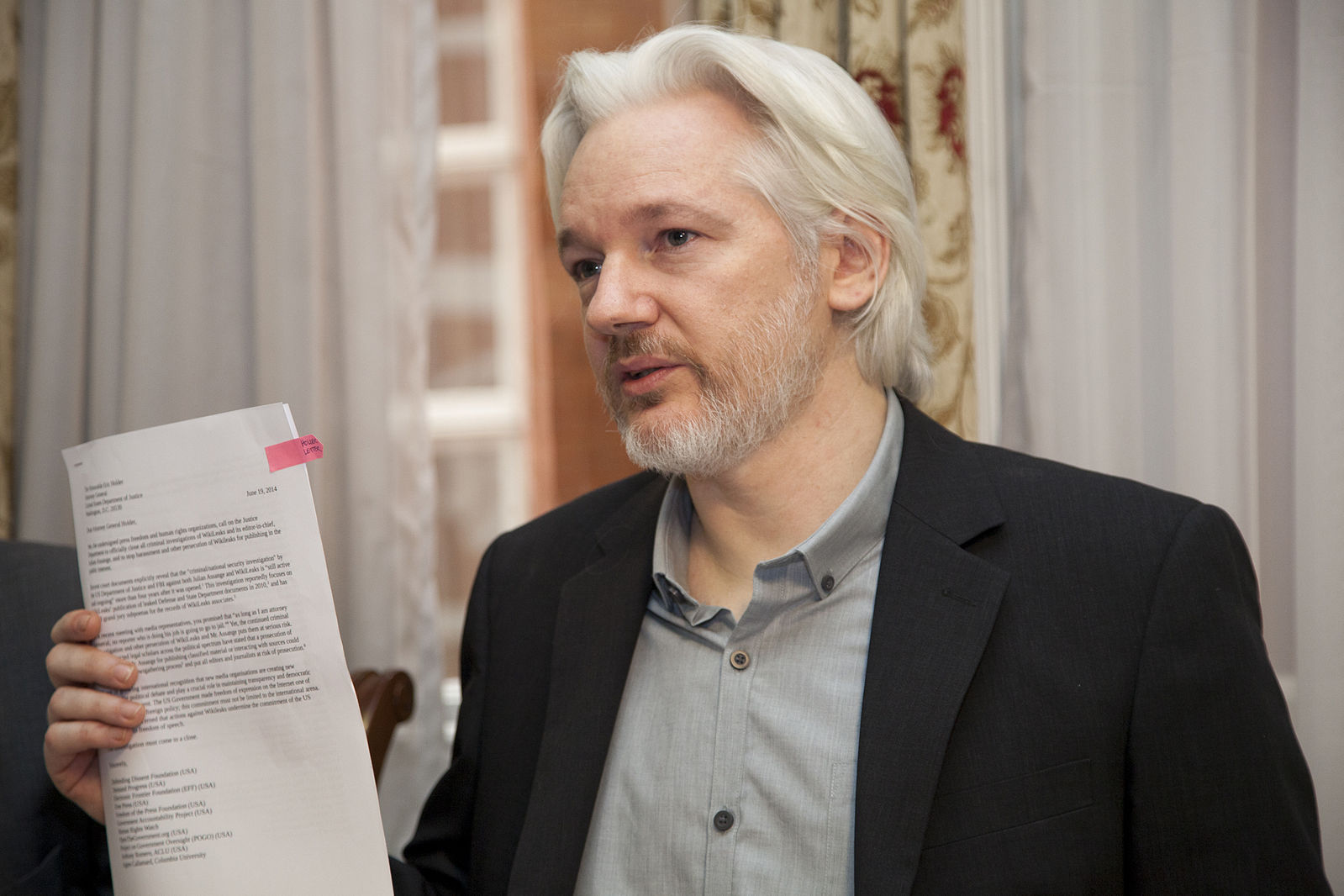Julian Assange, through WikiLeaks, released thousands of emails from Hillary Clinton’s campaign chairman, John Podesta, during the 2016 U.S. presidential election. These emails exposed internal discussions within the Democratic National Committee and Clinton’s campaign, revealing strategies, speeches to private firms, and correspondence with Clinton.
One significant email (below) discussed Saudi Arabia and Qatar’s alleged support for ISIS.
Assange’s actions were seen as an attempt to influence the election by highlighting Clinton’s ties to Wall Street and foreign policy decisions. The release stirred controversy, with claims of Russian interference, though Assange denied Russian involvement in obtaining the documents.
Assange says the email shown in this video is the most significant in his whole collection.
— Johnny Midnight
Because the email contains sensitive info between Hillary Clinton and John Podesta.
pic.twitter.com/h9HB6KsQz7(@its_The_Dr) November 15, 2024
More on Assange
Julian Assange was arrested primarily for two reasons:
- Skipping Bail: In 2012, Assange skipped bail in the UK to avoid extradition to Sweden, where he was wanted for questioning over sexual assault allegations, which he denied. He took refuge in the Ecuadorian Embassy in London, where he stayed for nearly seven years until Ecuador revoked his asylum in April 2019. He was then arrested by British police for failing to surrender to the court.
- US Charges: Following his removal from the embassy, the United States charged him with conspiracy to commit computer intrusion for his role in assisting Chelsea Manning to leak classified documents. Later, the U.S. added 17 espionage charges against him related to his publishing activities. These charges stemmed from WikiLeaks’ release of sensitive U.S. documents, which included military logs from the wars in Afghanistan and Iraq, and diplomatic cables.
His arrest has sparked a debate over press freedom and whether his actions fall under journalistic activities or constitute illegal hacking or espionage.
"Assange’s actions squarely fell under the protections of the law. But he angered the security state, which was powerful enough to push for a reinterpretation of a cornerstone of US law without any formal process."https://t.co/JrqLT3AaSa
— WikiLeaks (@wikileaks) October 4, 2024
